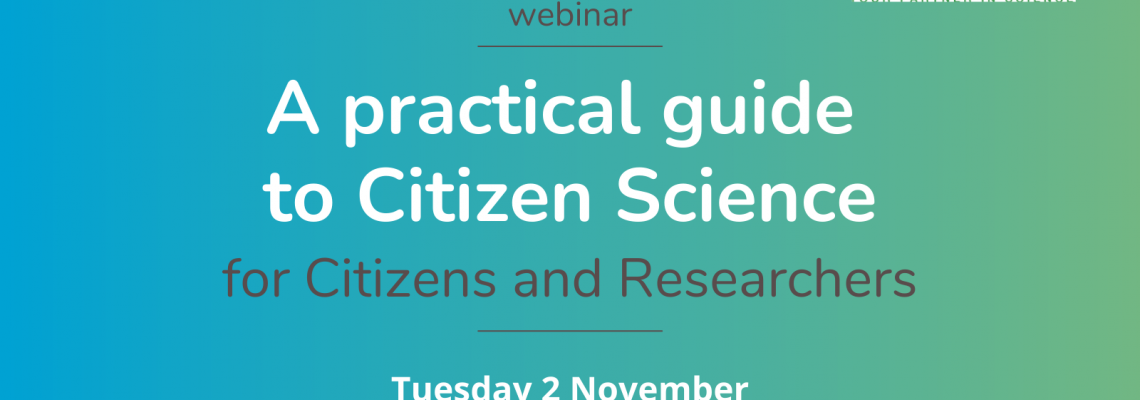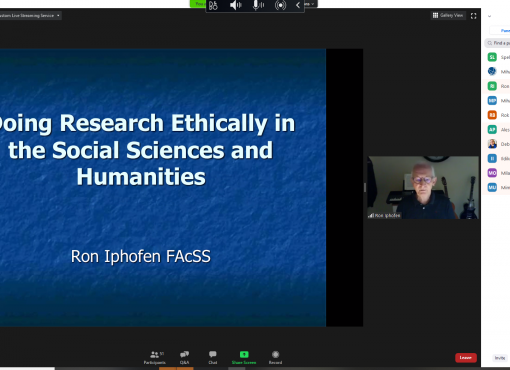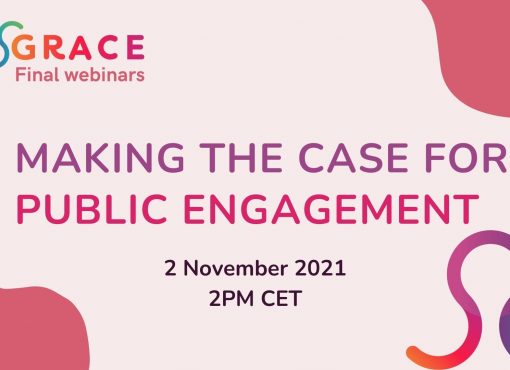
A practical guide to Citizen Science for Citizens and Researchers
Citizen Science involves a wide range of activities and practices that aim at making the scientific process more participatory, facilitating the engagement of citizens in research activities and in the development of scientific questions. As such, Citizen Science is an important process that supports the embracing of science and scientific findings by all.
This webinar will provide insights on the advantages and ways of involving citizens in research projects, and the recommendations for starting from scratch a Citizen Science project, including useful tools and resources.
The webinar will also address the important role that citizens can play in science, which types of participation they can get involved with, and what the benefits for the citizens to participate are.
As Science Communication is a very important part of Citizen Science, the webinar will outline some strategies and tools to facilitate the discussions between researchers and citizens.
Speakers
- Gitte Kragh, Aarhus University
With experience from citizen science projects on four continents, Gitte is particularly interested in the interdisciplinarity required to make citizen science projects successful. With a background in ecology and a PhD focused on participant motivation and well-being as well as scientific outcomes of citizen science projects, she is passionate about the impacts that citizen science can have on participants, science and society, especially if well designed, developed and implemented. She is also co-founder of the Danish Citizen Science Network and a Board member of the European Citizen Science Association (ECSA).
Click here to access the presentation slides
- Mariana Vidal Merino, European Citizen Science Association
Mariana is a project officer at the ECSA. Her core expertise lies in implementing participatory and mixed method approaches for addressing complex social and environmental challenges such as climate change. As part of the STEP-CHANGE project, she leads the project’s stocktaking process and development of a Citizen Science ‘Navigator’ to foster a better anchorage of citizen science in scientific institutions and the broader scientific community. In the ‘Responsible Open Science in Europe’ (ROSiE) project, Mariana coordinates the communication with relevant EU-funded networks and research projects to gather and build knowledge on research ethics and integrity in Open Science and Citizen Science.
Click here to access the presentation slides
- Elsa Poupardin, Strasbourg University
Elsa is a professor at the Interuniveristy Laboratory of Science Education and Communication at the Université de Strasbourg and manager of the Master 2 in Science Communication. She has vast experience in outreach and open science, and has participated in several EU-funded projects focusing on science communication including training for scientists to develop better communication skills.
Moderator:
Eugenia Vilarchao, ESF

